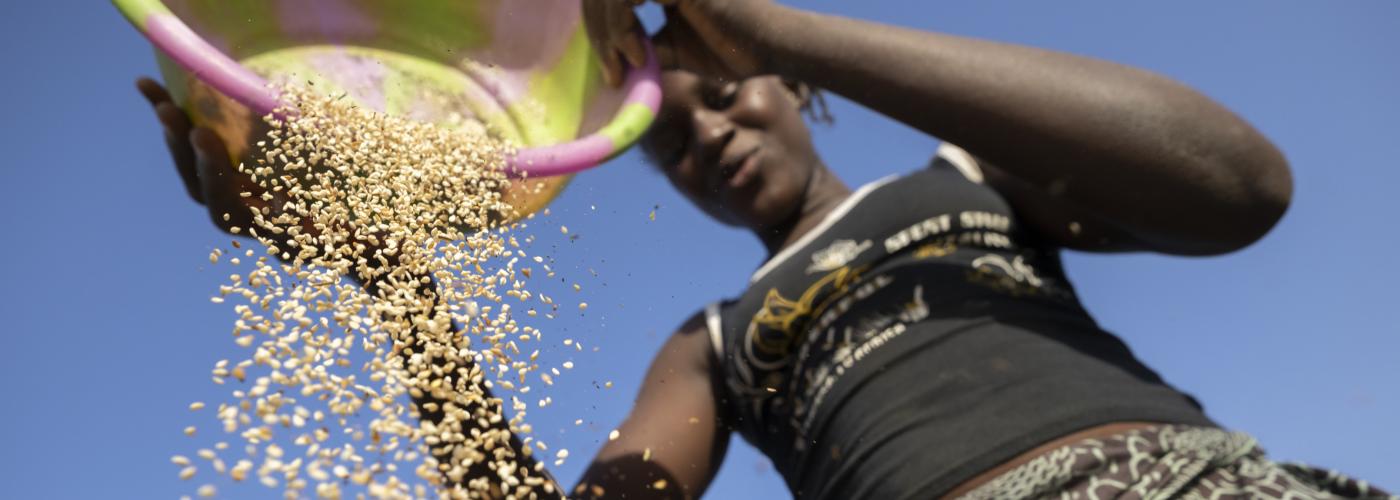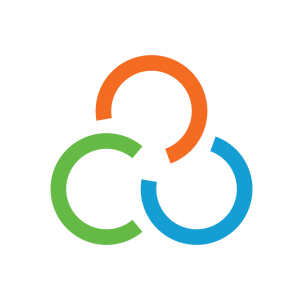Strengthening capacity of smallholder farmers: The Food Safety First Costing Tool
Image

To foster consumer demand and food safety confidence in food supply chains, numerous international trade organizations now require sanitary and phytosanitary systems (SPS) to be maintained at the highest standards. Smallholder farmers, farmer organizations, buyers and governments of low and middle-income countries are expected to meet these phytosanitary standards or risk export shipment rejections. With a growing need to have safe, quality food, it is critical to adhere to food safety standards of buyers and regulatory bodies. Farmers and farmer organizations will need to continually update their agricultural and food handling practices to ensure they can enter and compete in markets at the domestic, regional and international levels – all with their own specifications and standards.
To address these food system complexities, Corus International is proud to announce the launch of its Food Safety First Costing Tool. Funded by the Agribusiness Market Ecosystems Alliance (AMEA), the tool offers a step-by-step guide on how to plan for food safety in smallholder farming businesses and operations. It assists farmers and value chain actors, as well as project staff, to navigate the complexities of food safety issues and anticipate and allocate budget for these costs. The excel-based tool as well as its accompanying User Manual are available in English, Spanish and French and present a logical, user-friendly outline to food safety and potential costs. The Costing Tool is designed for coffee, cocoa or spices products; horticulture products; legume and grain products; and livestock and poultry products.
Access the Food Safety First Costing Tool.
Corus’ Costing Tool aims to strengthen the professional capacity of farmer organizations and can be utilized by various value chain actors. Cooperatives, enterprises, aggregators, traders, processors, buyers and more can all benefit from using the Costing Tool to support farmer organizations. For example:
- Farmers and farmer organizations themselves may use and incorporate the Tool into their day-to-day operations.
- Buyers may ask farmers and farmer organizations to incorporate the Tool into their business operations.
- Projects may guide farmers and farmer organizations through the Tool and subsequent food safety planning.
- Non-government organizations (NGOs) may write the Tool into project designs to show commitment and action towards addressing food safety.
"The Food Safety First Costing Tool empowers farmers to make informed decisions on necessary food safety upgrades, enabling them to meet the highest standards and increase competitiveness in the global market. By investing in food safety, we promote consumer confidence and build a stronger, more sustainable food system."
– Ibrahim Kiganira, Sustainability Manager, Mountain Harvest Coffee
The publication of our Costing Tool comes at the ideal time as we see the U.S. Government increasing its focus on food safety. The U.S. Agency for International Development (USAID), the U.S. Department of Agriculture (USDA) and the U.S. Food and Drug Administration (FDA) launched the Food Safety for Food Security Partnership (FS4FS) in late 2022 which includes $15 million investments over five years to support the availability and trade of safe food products.
Investment in food safety is also an important part of programming across the Corus International family of organizations. Corus organization Lutheran World Relief received a merit-based extension of its USDA-funded Sesame Marketing and Exports (SESAME) project which will include screening for pathogens in raw sesame and the development of a traceability system. Lutheran World Relief plans to address these added components by focusing on good agricultural practices in relation to post-harvest, conducting research designed to identify and narrow the potential causes of contamination, increasing the national testing capacity for pathogens and deploying a simple product traceability system.
Learn more about Corus organization Lutheran World Relief's SESAME project.
The Costing Tool does not only support famers and farmer organizations produce safe food for the market and for their own household’s consumption, but it can also impact socioeconomic development more broadly. As food safety standards increase and products become even safer, the incidence of sickness, death and lost productivity due to foodborne illness can decrease, benefiting communities near and far. And, as climate change increases temperatures, brings extreme weather and raises sea levels, the Costing Tool can help farmers prepare and budget for climate-related food safety issues in their production that may include increased pathogens, algae blooms, mycotoxins and heavy metals.
The Corus International family of organizations will continue to promote food safety as a fundamental pillar of a resilient and sustainable food system.
To start using the Costing Tool in your work, please visit: https://corusinternational.org/food-safety-first-costing-tool
______________________________________________________________________
This blog was authored by Corus International's Isabelle Ick, Senior Program Associate and co-lead on developing the Food Safety First Costing Tool.


